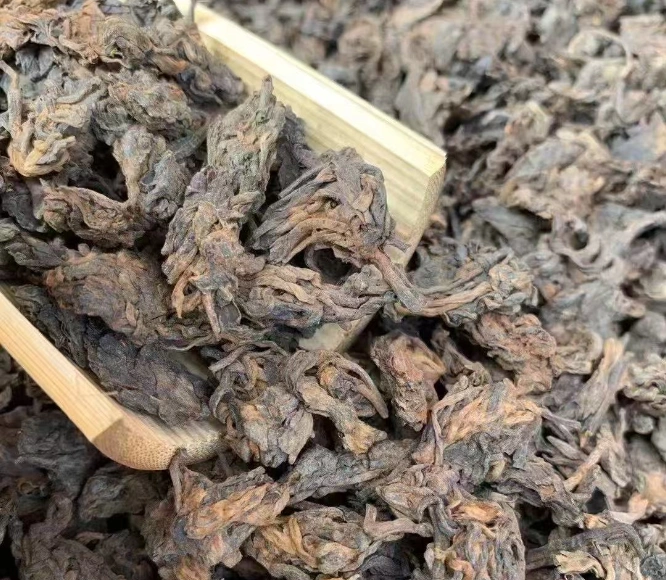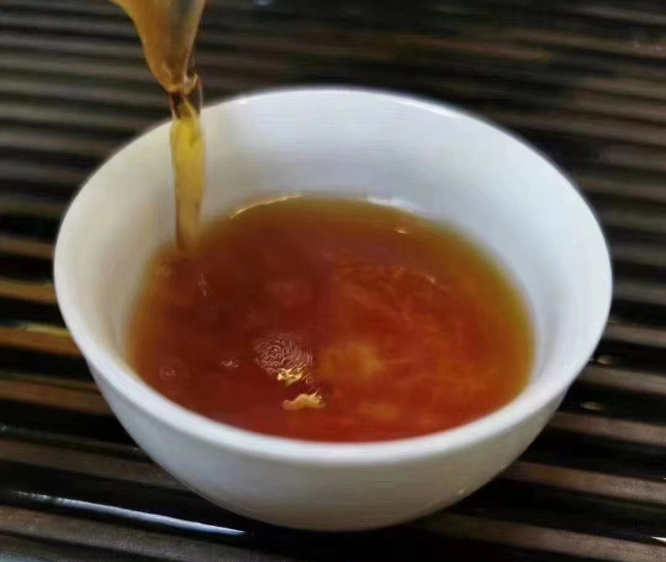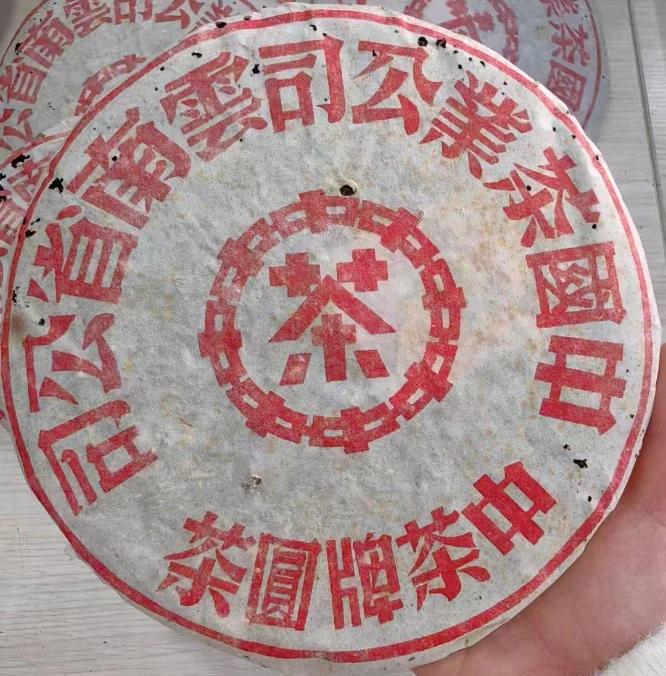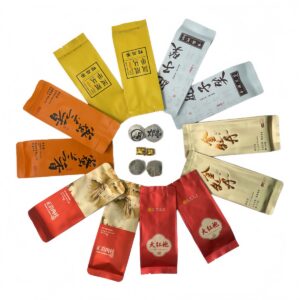Dark tea as coffee substitute has emerged as the soothing yet invigorating ritual that coffee lovers never knew they needed. Imagine cradling a warm, copper-hued cup, its gentle steam rising in aromatic tendrils—earthy, camphor-tinged, and just faintly sweet. With each silky sip, you feel a smooth uplift in focus and mood, free from the heart-pounding jitters of espresso.
In this guide, we’ll explore why dark tea as coffee substitute is winning over busy professionals and wellness seekers: from its balanced dark tea caffeine content to its calming theanine blend, plus tips on brewing, best varietals, and seamless ways to swap coffee for a gentler, sustainable lift.

Why Choose Dark Tea Over Coffee?
For many, mornings start with that familiar coffee jolt—but coffee can trigger anxiety, digestive upset, or energy crashes. Enter dark tea as coffee substitute:
- Balanced Energy: Dark tea delivers moderate caffeine—enough to sharpen your mind, without the overstimulation common in coffee.
- Gentle Calm: L-theanine, an amino acid in dark tea, promotes relaxed alertness, smoothing stress peaks and valleys.
- Digestive Ease: Unlike acidic coffee, dark tea’s fermentation-derived theabrownins can soothe your gut after a heavy breakfast.
By choosing dark tea as coffee substitute, you transform your daily caffeine habit into a mindful, sensory experience.
Understanding Dark Tea Caffeine Content
Not all teas are created equal in caffeine dosage. On average:
- 8 oz brewed coffee: ~95 mg caffeine
- 8 oz black tea: 47 mg
- 8 oz dark tea: 30–60 mg
This dark tea caffeine content range depends on leaf age, fermentation level, and steep time. A ripe Pu-erh or aged Liubao tea may edge toward the upper end, while lightly fermented batches sit lower. Such variability allows you to tailor your dark tea as coffee substitute cup to your desired buzz—whether a subtle lift or a stronger draw.

Dark Tea Caffeine vs. Coffee: A Comparative Look
| Aspect | Coffee | Dark Tea |
|---|---|---|
| Caffeine Level | 80–120 mg per 8 oz | 30–60 mg per 8 oz |
| Peak Jitters | High risk, especially on empty stomach | Low to moderate, cushioned by L-theanine |
| Crash Potential | Common 2–4 hrs post-brew | Rare, due to smoother release |
| Digestive Impact | Acidic, may upset stomach | Fermented, gut-friendly compounds |
With such differences, dark tea as coffee substitute offers a gentler ramp-up, avoids caffeine spikes, and keeps your afternoon stable—making it ideal for those prone to coffee crashes.
Other Compounds in Dark Tea That Boost Focus
Beyond caffeine, dark tea as coffee substitute leverages:
- L-theanine: Eases tension, promotes alpha brainwaves, and supports calm concentration.
- Theabrownins: Fermentation byproducts that stabilize mood and guard neurons against oxidative stress.
- Vitamins & Amino Acids: Trace B-vitamins and GABA contribute to energy metabolism and neural health.
This synergy delivers what coffee can’t: clear, sustained focus without overstimulation.
Dark Tea for Stress Relief: Gentle Calm and Clarity
When deadlines loom and inboxes overflow, reach for dark tea for stress relief. A small study found L-theanine helps lower heart rate and cortisol levels during stressful tasks. Savoring dark tea as coffee substitute at your desk offers a brief ritual: inhale the deep aroma, enjoy its warming embrace, and let tension dissolve as sharply as your mind refines.
Dark Tea for Office Breaks: A Healthier Pick-Me-Up
Busy workdays often demand multiple caffeine hits. Swap midday espresso shots for dark tea for office breaks:
- Mini-ceremony: Pause, steep two teaspoons of dark tea in a mug, and watch the water blush.
- Mindful sip: Inhale the fragrance—notes of rich earth, soft cocoa, or subtle camphor—and sip slowly.
- Refreshed focus: Within minutes, enjoy a gentle alertness that primes your brain for the next task.
This simple shift ensures sustained energy without the three-o’clock slump.
How to Brew Dark Tea for Maximum Energy
To extract ideal dark tea caffeine content and flavor:
- Water Temperature: Heat to 95 °C (203 °F).
- Tea Quantity: Use 5–7 g leaves per 200 ml water.
- Rinse: Briefly rinse leaves (5 s) to remove dust and awaken aroma.
- Steep Time:
- First infusion: 2 minutes
- Subsequent: add 30 s per steep
Experiment: longer steeps yield more caffeine and deeper theabrownins; shorter steeps lighten the cup.

🔗 To learn more about how to make tea, check out Tanbiwencha’s YouTube video explaining how to make tea.
Dark Tea vs. Oolong Tea as Coffee Alternatives
Oolong tea sits between green and black teas in oxidation, offering floral-fruity notes and moderate caffeine (~30–50 mg). However, dark tea as coffee substitute typically provides:
- Higher Theabrownin Levels: Supporting mood and reducing oxidative stress.
- Earthier Flavor Profile: For those craving a rich, grounding experience akin to coffee’s depth.
- Flexibility in Caffeine Dose: By choosing aged vs. ripe varieties and tweaking steep times.
If you love oolong’s elegance, try a dark oolong hybrid—but lean into pure dark teas when you need a stronger, coffee-like resonance.
Best Dark Teas for Coffee Lovers
- Ripe (Shou) Pu-erh: Rich, chocolatey notes; smooth finish; caffeine on the higher end.
- Aged Liubao Tea: Nutty-malt sweetness; moderate caffeine; calming finish.
- Fu Brick Tea (Fuzhuan Cha): Earthy base with golden-flower spores; unique mouthfeel; mid-range caffeine.
- Dark Oolong Blends: For those easing into darkness—floral top notes with an underlying fermented backbone.
Choose based on flavor preference, then adjust steep time to dial your energy boost.

Incorporating Dark Tea into Your Daily Routine
- Morning Ritual: Begin with a 5-minute dark tea as coffee substitute ceremony—rinsing, steeping, and savoring before checking emails.
- Midday Break: Replace your second or third coffee with dark tea for office breaks, enjoying sustained clarity.
- Afternoon Pick-Me-Up: Opt for a quick infusion instead of a sugary energy drink.
- Evening Wind-Down: Select a lighter, low-caffeine brew (e.g., lightly fermented Liubao) to avoid sleep disruption.
Over time, your body will adapt, craving the balanced lift of dark tea rather than the roller-coaster of coffee highs and lows.
Common Mistakes When Switching from Coffee
- Under-steeping: Using too brief a steep yields little caffeine and thin flavor.
- Too Much Leaf: Overloading tea can produce bitterness; stick to recommended amounts.
- Boiling Water: 100 °C scalds leaves; aim for just off-boil.
- Expectation of Instant Replacement: It may take a few days for your body to adjust to new caffeine dynamics.
By avoiding these pitfalls, your transition to dark tea as coffee substitute becomes smooth and rewarding.
Conclusion & First-Sip Recommendations
Switching to dark tea as coffee substitute is more than a beverage change—it’s a lifestyle upgrade. You gain sustained energy, reduced stress, and a ritual that uplifts body and spirit. Start today with a cup of ripe Pu-erh or aged Liubao: breathe in its earthy aroma, feel its gentle warmth, and let the smooth caffeine carry you through your day—no jitters attached.



